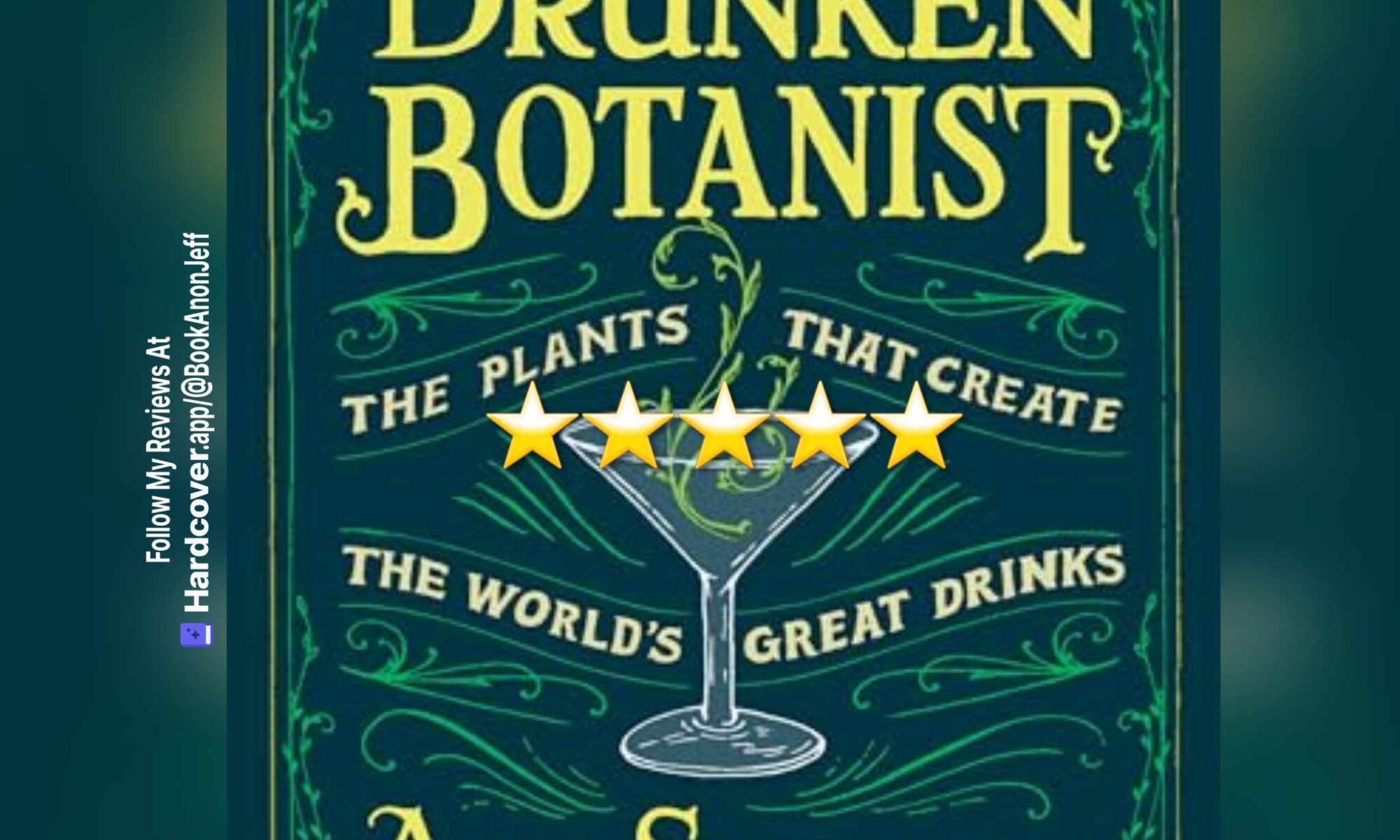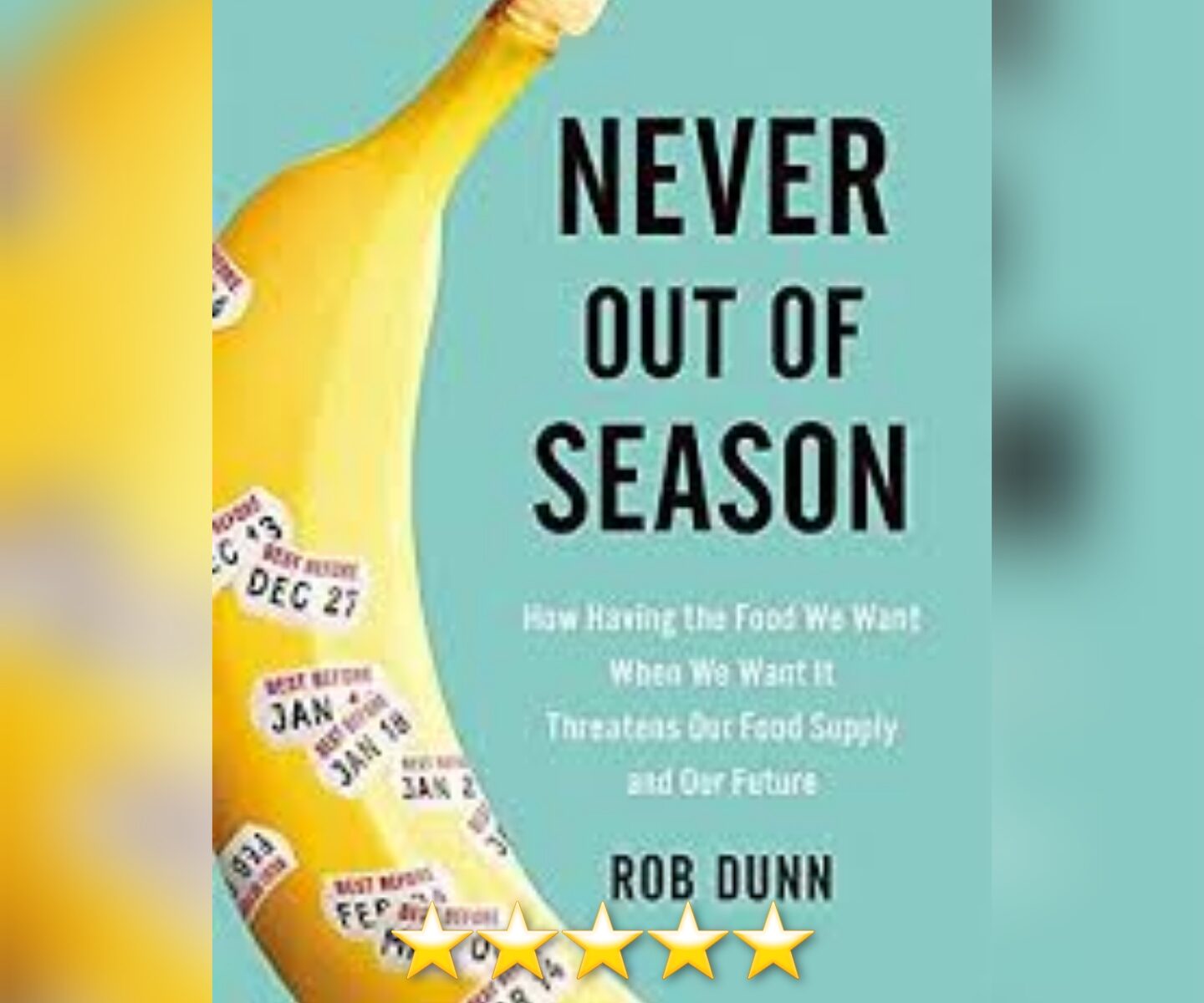Encyclopedic Look At The Botany Of Booze. This book has a few hundred pages (or just under a dozen hours, for Audible readers) to cover pretty well every plant that can either directly intoxicate a human or any plant that can be used as a mixer to help such other plants taste better. So there is going to be a lot of 2-3 sentence or so summaries of various plants – which is particularly prevalent in the back part of the book. Up front is a larger examination of the botany and history of the primary global liquors and beers and wines, though even here due to the sheer volume of the field, many important (yet more specific) details are often left out. Still, as an overall introduction to the complete field of the botany of booze… this is actually a rather great book. Mostly recommended for bartenders (professional or home) or those looking to possibly begin an actual scientific career in the field, but an interesting read for nearly anyone interested in the overall science of booze. Just be ready to read an encyclopedia volume. (Which I did many times as a kid, fwiw.) Recommended.
This review of The Drunken Botanist by Amy Stewart was originally written on April 5, 2024.


